
OR
SC issues show-cause notice against the govt over signing of a bilateral agreement to export 10,000 MW of electricity to India
Published On: February 2, 2024 08:00 AM NPT By: Republica | @RepublicaNepal
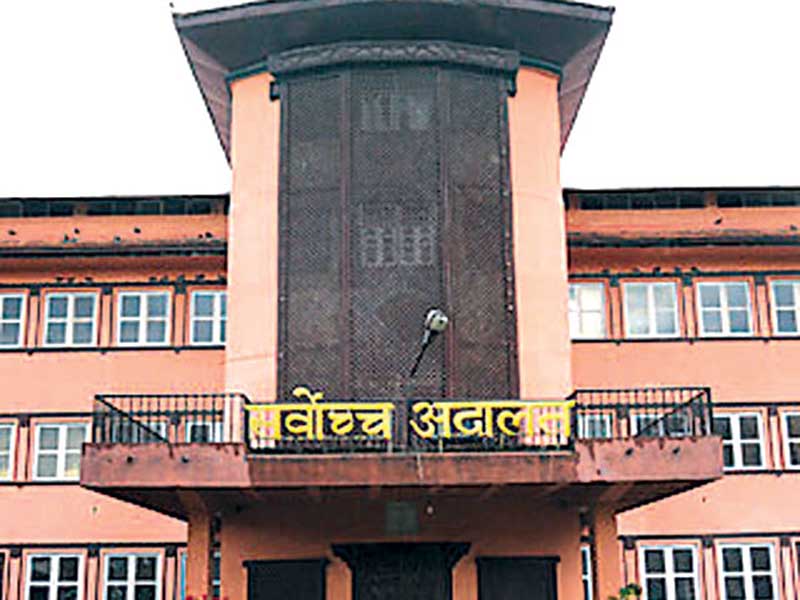
KATHMANDU, Feb 2: The Supreme Court (SC) has issued a show-cause notice against the government regarding the recently signed long-term Power Trade Agreement (PTA) with India.
A single bench of SC Justice Nahakul Subedi issued the order on Tuesday in response to a writ filed against the bilateral agreement. After the two countries signed the PTA during the visit of Indian Foreign Minister S Jaishankar to Nepal, former Secretary of the Government of Nepal, Surya Nath Upadhyay, filed a writ seeking the SC’s intervention against the government's move.
Upadhyay, also a member of the Nepal-India Eminent Persons’ Group, has emphasized the need to endorse the bilateral agreement through parliament. As the agreement extends beyond electricity trading to include the production and construction of infrastructure, Upadhyay's writ argues that the issue should be brought to the federal parliament for discussion.
In the show-cause notice, the apex court has asked the government to clarify issues, including whether the agreement is related to the distribution of natural resources and their utilization, and whether it requires endorsement by a majority of parliament members. The SC has also called for hearings from both sides to decide whether to issue interim orders or not.
During the Joint Commission (JC) meeting between the two countries on January 4, India signed an agreement with Nepal to purchase 10,000 MW of electricity from Nepal in the next 10 years. The bilateral understanding on electricity export was reached during Prime Minister Pushpa Kamal Dahal's visit to India from May 31 to June 3, 2023. During the visit, Indian Prime Minister Narendra Modi expressed India's commitment to long-term electricity purchase from Nepal. The Federal Council of Ministers of India has already endorsed the Memorandum of Understanding (MoU) in this regard.
The bilateral agreement is considered beneficial for both countries as Nepal focuses on producing electricity at its optimal capacity, while India aims to achieve net zero emissions by 2070. However, skepticism has arisen regarding whether the agreement could allow India to increase its influence over Nepal’s water resources.
You May Like This

Ansari's appointment challenged at Supreme Court
KATHMANDU, March 25: A writ petition was filed at the Supreme Court on Sunday challenging the recent appointment of Samim... Read More...

I performed my duties with professional integrity: Outgoing CJ
KATHMANDU, Jan 2: Outgoing Chief Justice Om Prakash Mishra said on Tuesday that he performed his judicial tasks during his career... Read More...

Court paves way for admissions under IOM
KATHMANDU, Oct 10: The Supreme Court on Tuesday paved the way for the admission of students to various medical science... Read More...



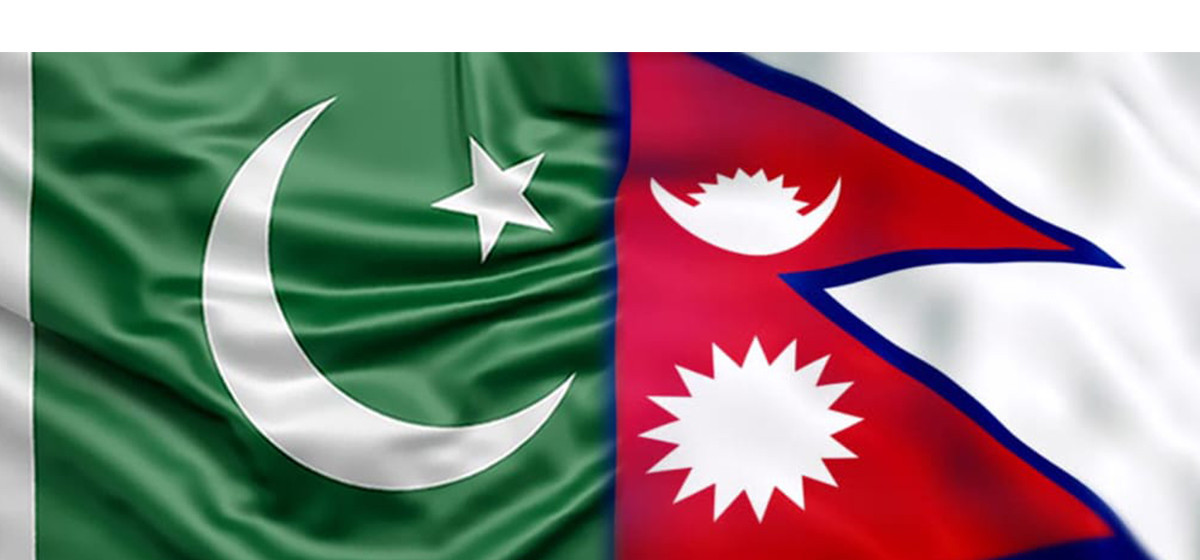
Just In
- National ICT day being observed today
- BP Koirala in the lens of changing geopolitics
- CAN announces Nepali squad for T20 World Cup
- Poll time, prison time: On the continued incarceration of the Delhi Chief Minister
- Finance ministry approves SEBON’s proposal to reduce stockbrokers’ commissions
- Embassy of Nepal in Islamabad urges Nepalis not to go to Kyrgyzstan illegally for foreign employment
- Nepal’s labor exodus drives Indian laborers to fill gaps in domestic factories
- India's BJP extends invitation to Nepal's key parties, including PM Dahal's, to observe Indian election campaign







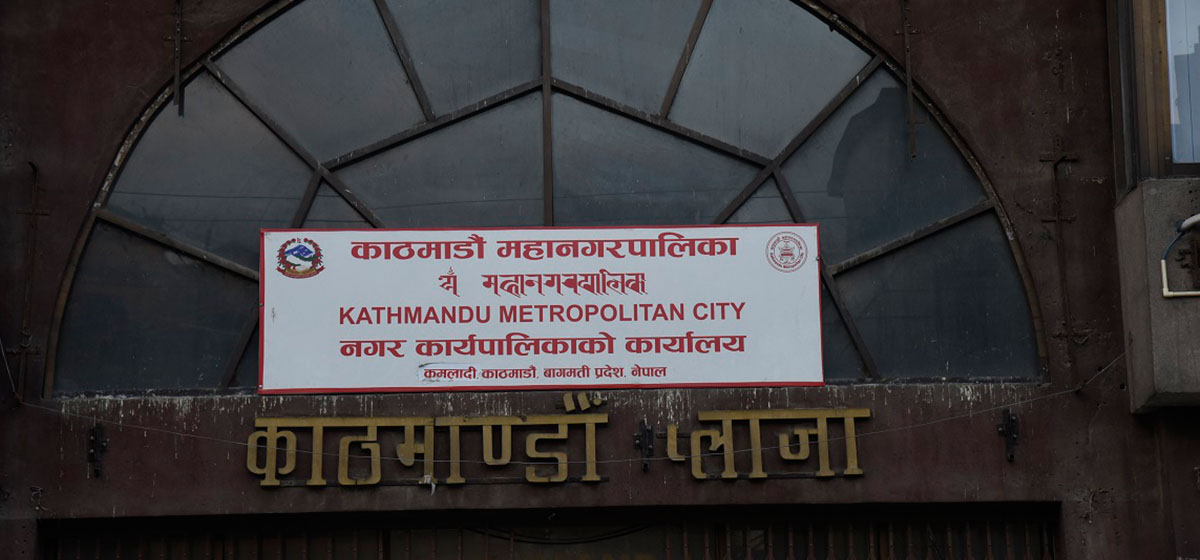
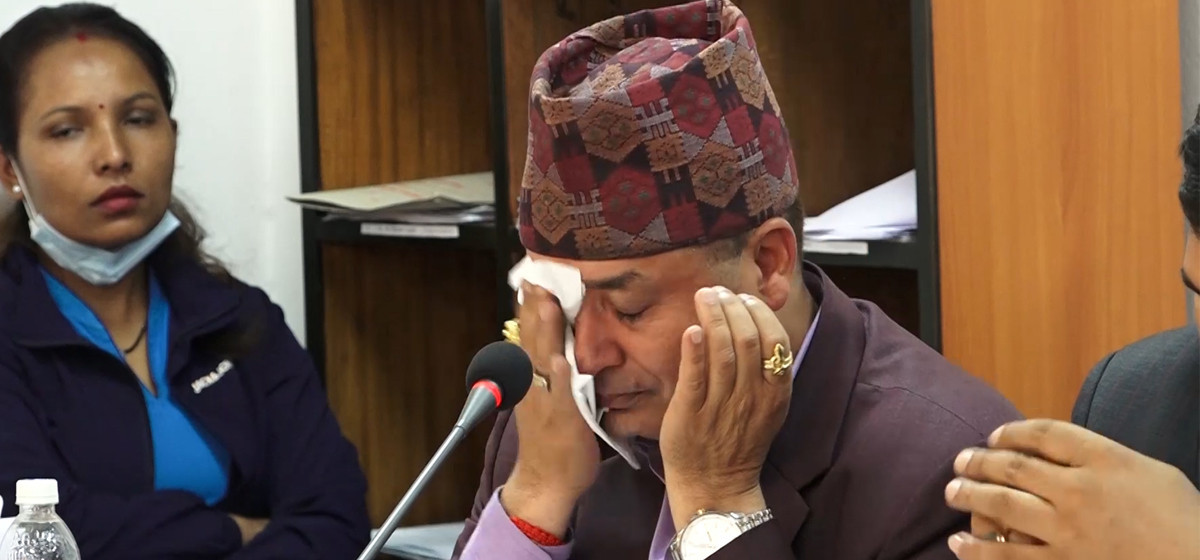
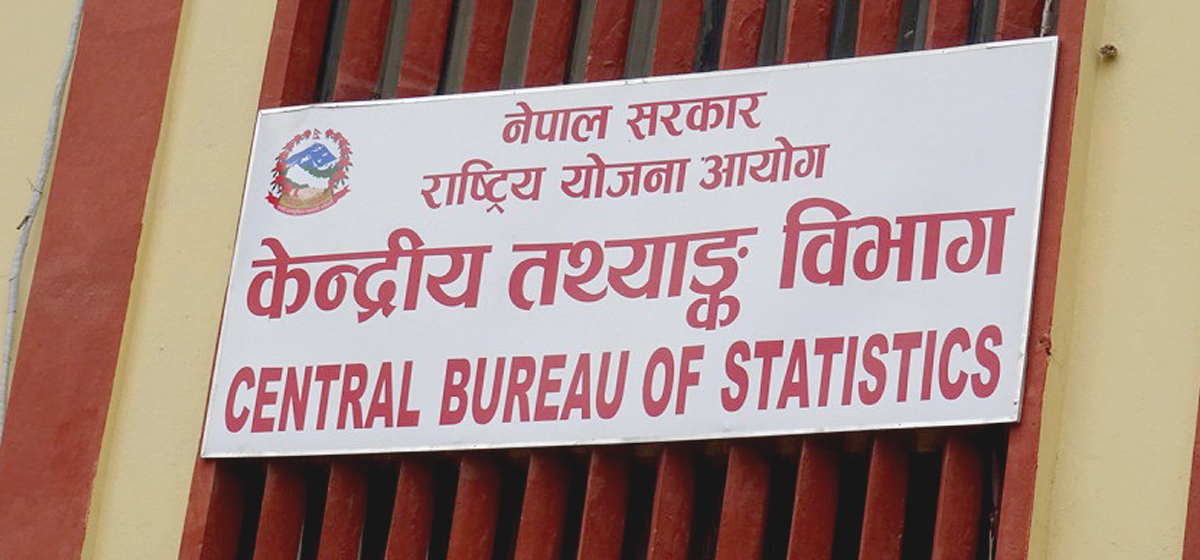
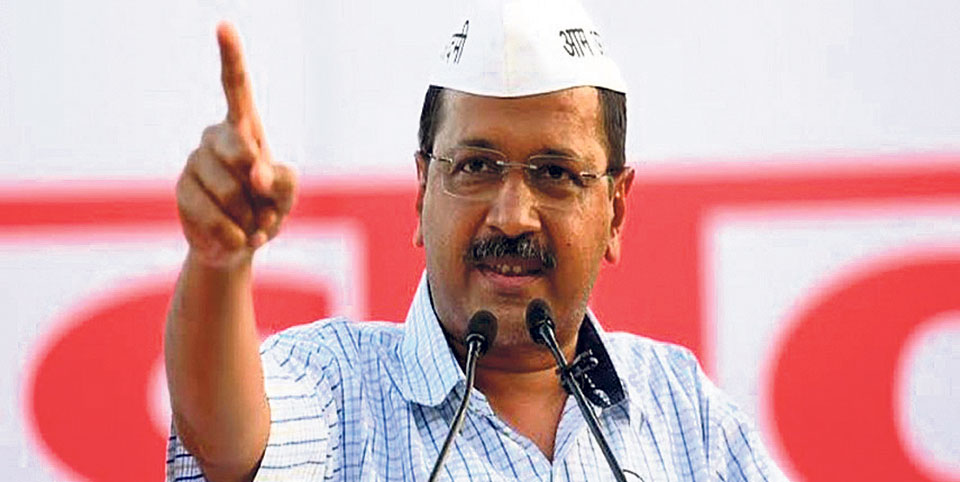
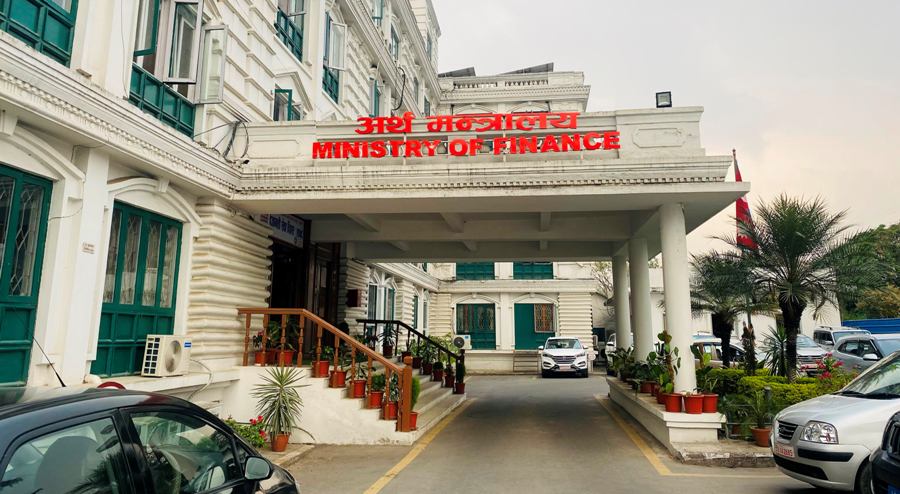
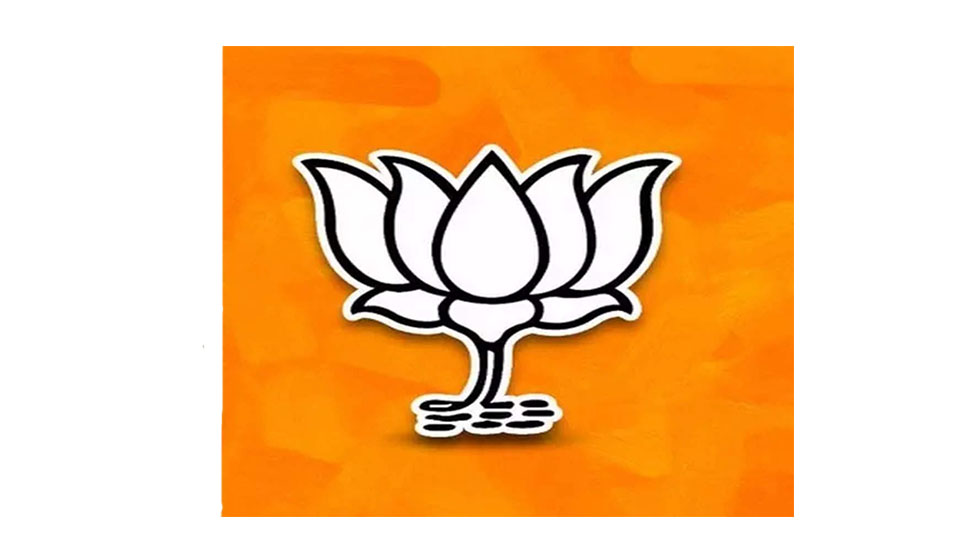
Leave A Comment